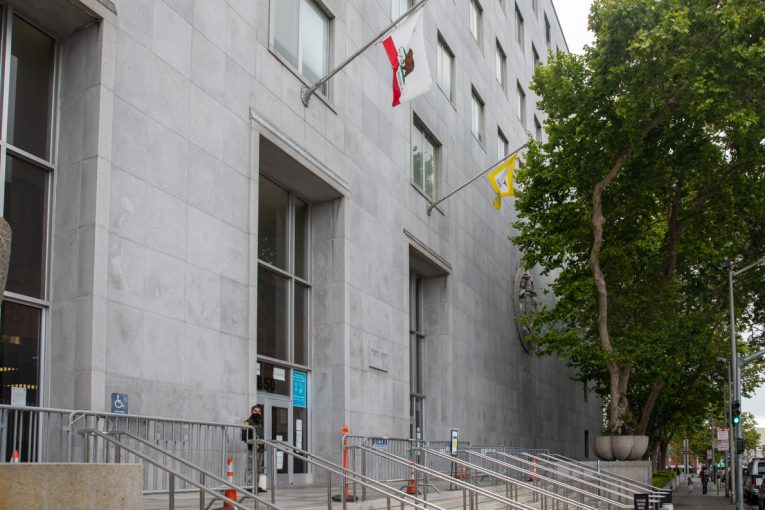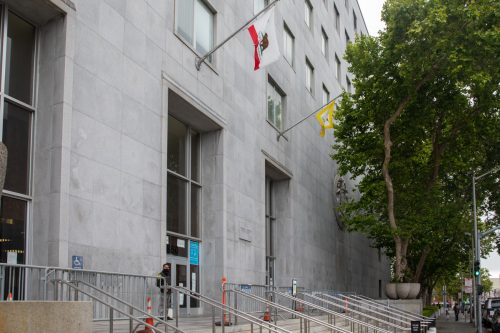

By Varun Noronha
SAN FRANCISCO, CA – During a preliminary hearing in San Francisco County Superior Court, the District Attorney’s Office attempted to introduce statements the accused made before being read his Miranda rights, claimed the defense.
The accused was charged with two felonies—possession for sale of a controlled substance and sale of a controlled substance.
The hearing began with the prosecutor calling the arresting officer, a sergeant, to the stand, who testified he witnessed the accused present “a baggie containing a white substance the size of a golf ball” to another individual at a bus stop near the intersection of Mission and 7th Streets.
Upon apprehending the accused, the officer realized there was a language barrier—the accused was a Spanish speaker who was not fluent in English, and the officer was an English speaker who was not fluent in Spanish. The officer requested the assistance of a Spanish-speaking officer, but began searching the accused before backup arrived.
The search yielded $35 cash and three baggies containing 15 grams of cocaine in total, prompting the officer to handcuff the accused.
Moments later, the Spanish-speaking officer reached the scene, said the arresting officer, and conversed with the accused on the sidewalk, directed him to the sergeant’s police car, then accompanied him to the police station for further questioning.
During cross-examination, the deputy public defender asked the arresting officer if the accused was read his Miranda rights as soon as he was arrested.
The sergeant admitted the accused was “Mirandized” once he was brought to the police station, after his initial conversation with the Spanish-speaking officer.
The DPD also questioned whether the officer had reasonable suspicion the accused was involved in a crime, the legal standard for conducting a police stop. She challenged the sergeant’s claim he was able to identify a “golf ball-sized” amount of cocaine from the other side of a busy street.
The sergeant stated his suspicion was partially based on his knowledge that the Mission and 7th Street location was in a “high drug traffic area.”
Following the sergeant’s cross-examination, the assistant district attorney called the Spanish-speaking officer to the stand.
When the ADA initiated a line of questioning about the sidewalk conversation between the accused and the Spanish-speaking officer, the DPD objected, arguing the conversation had to be excluded from the record because it occurred before the accused was read his Miranda rights.
Judge Patrick Thompson agreed, ruling that any testimony or evidence describing the sidewalk conversation was inadmissible.
Despite Judge Thompson’s ruling, the ADA continued to pursue the same line of questioning. Each time the ADA asked a question to elicit testimony about the excluded conversation, the judge told the witness not to answer. After repeated warnings, Judge Thompson cut off the ADA’s direct examination.
In the end, the judge held that there was sufficient evidence to proceed to trial on the possession charge and dismissed the sale charge. The ADA’s case for the sale charge may have hinged on statements inadmissible because of the Miranda violation.